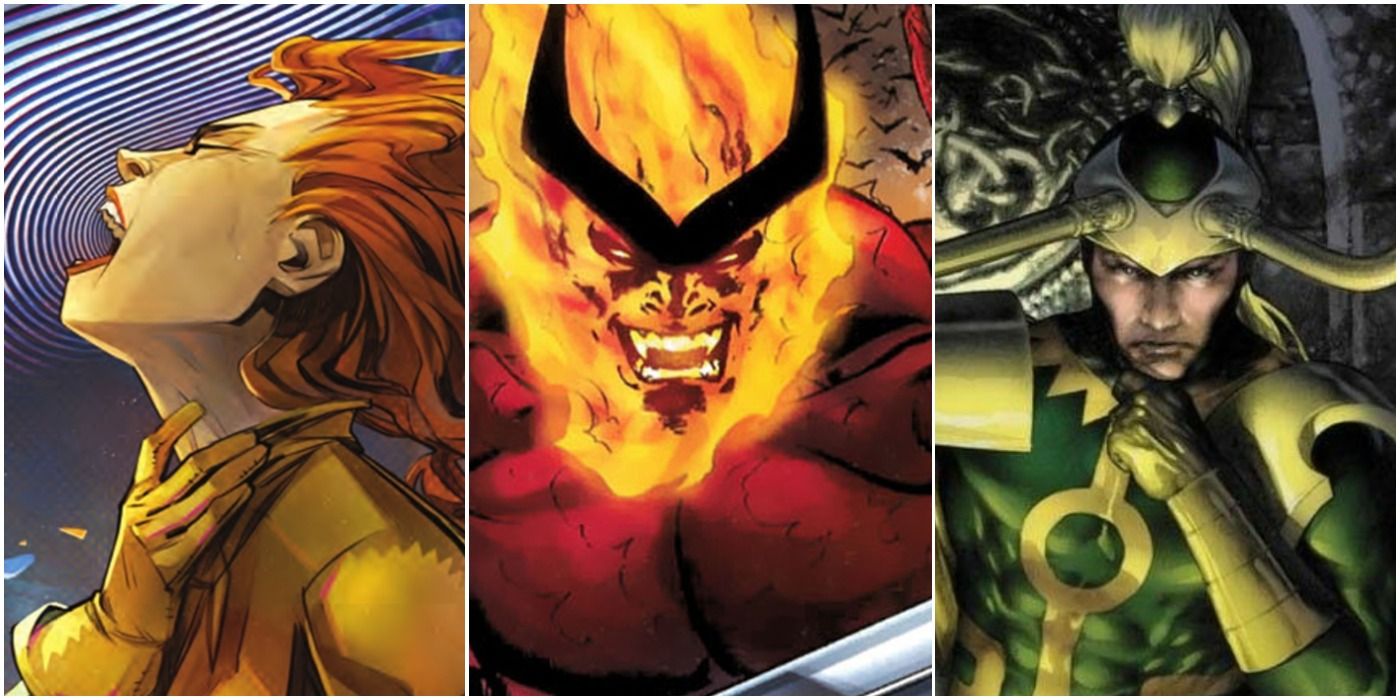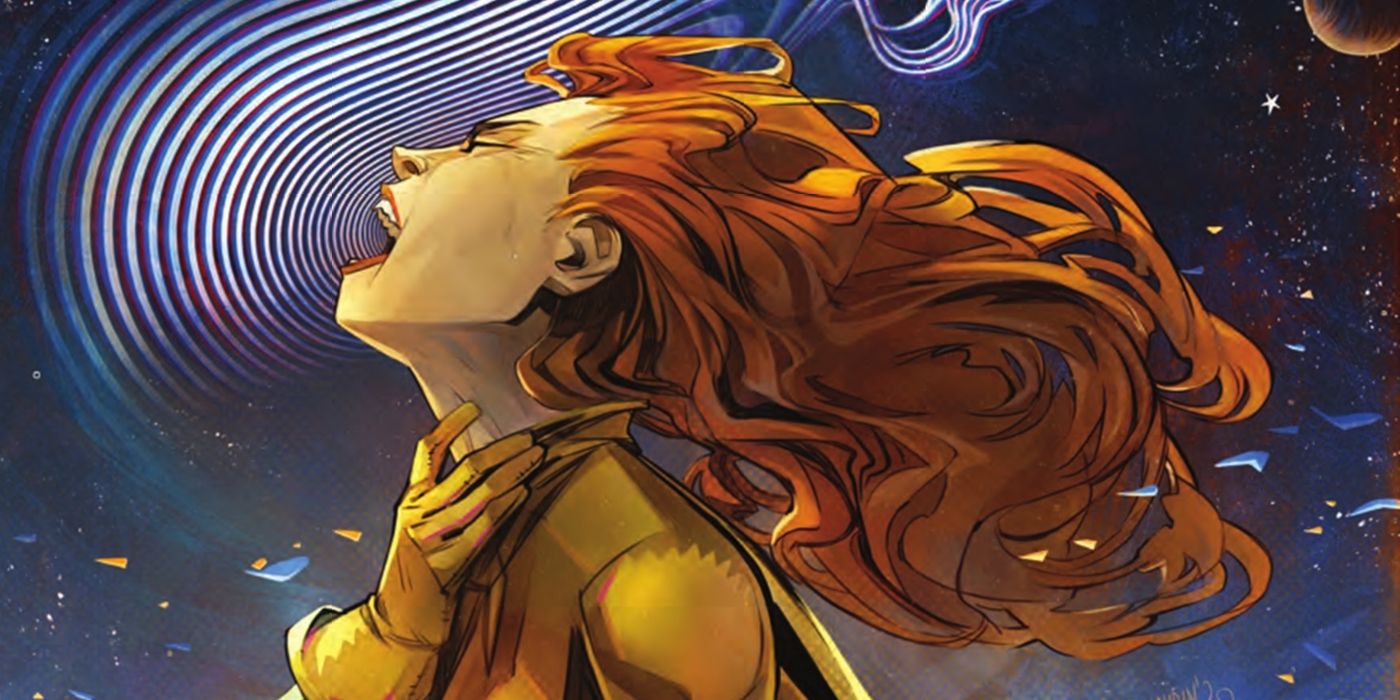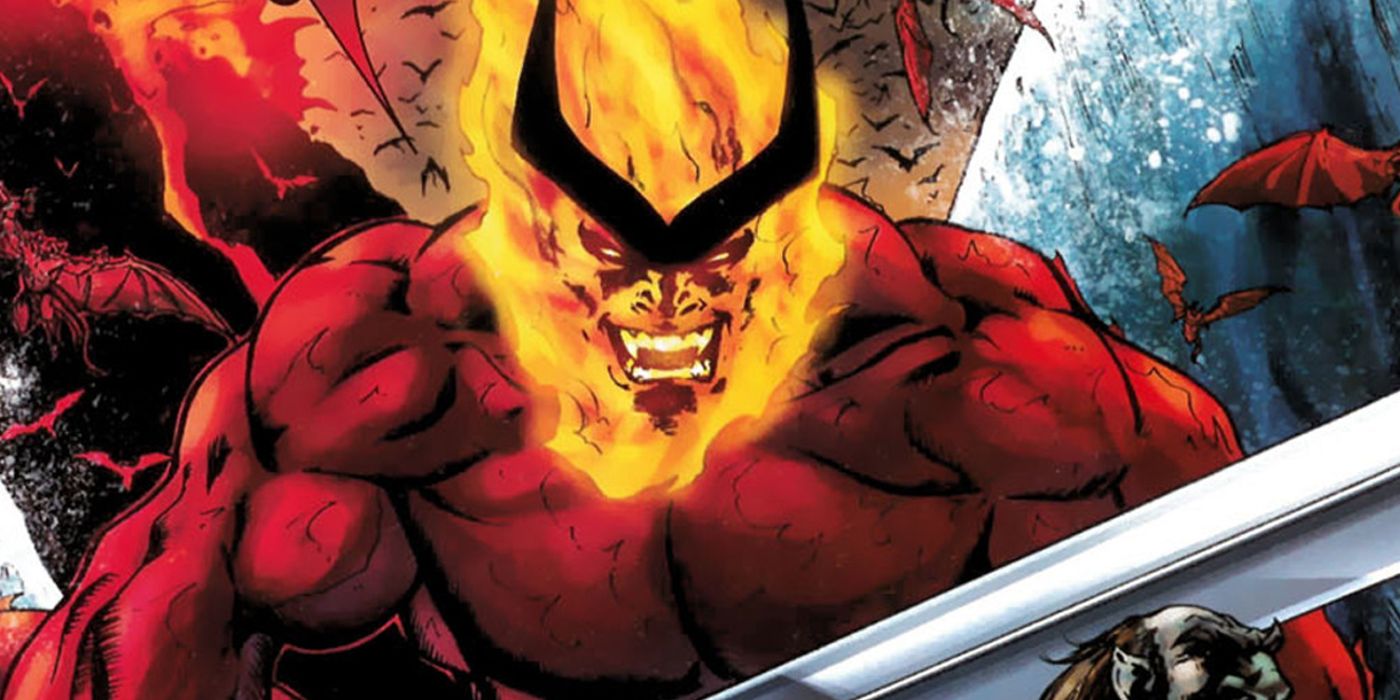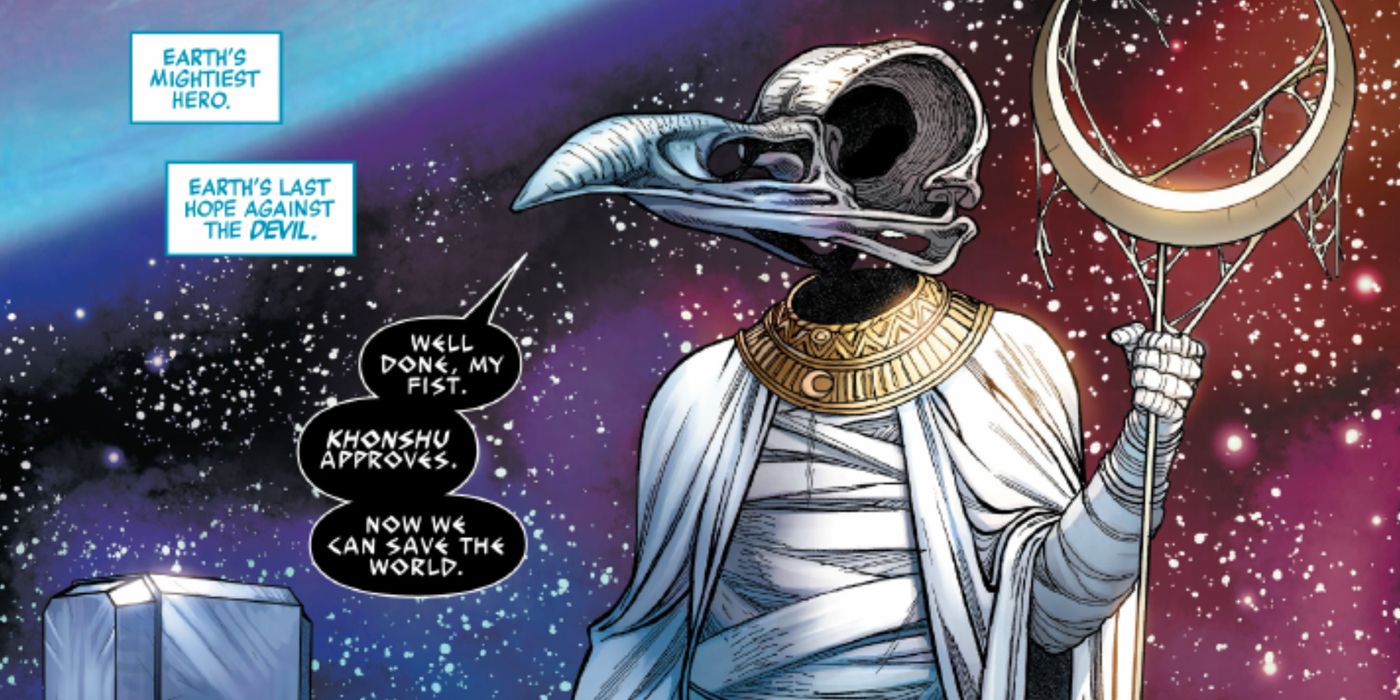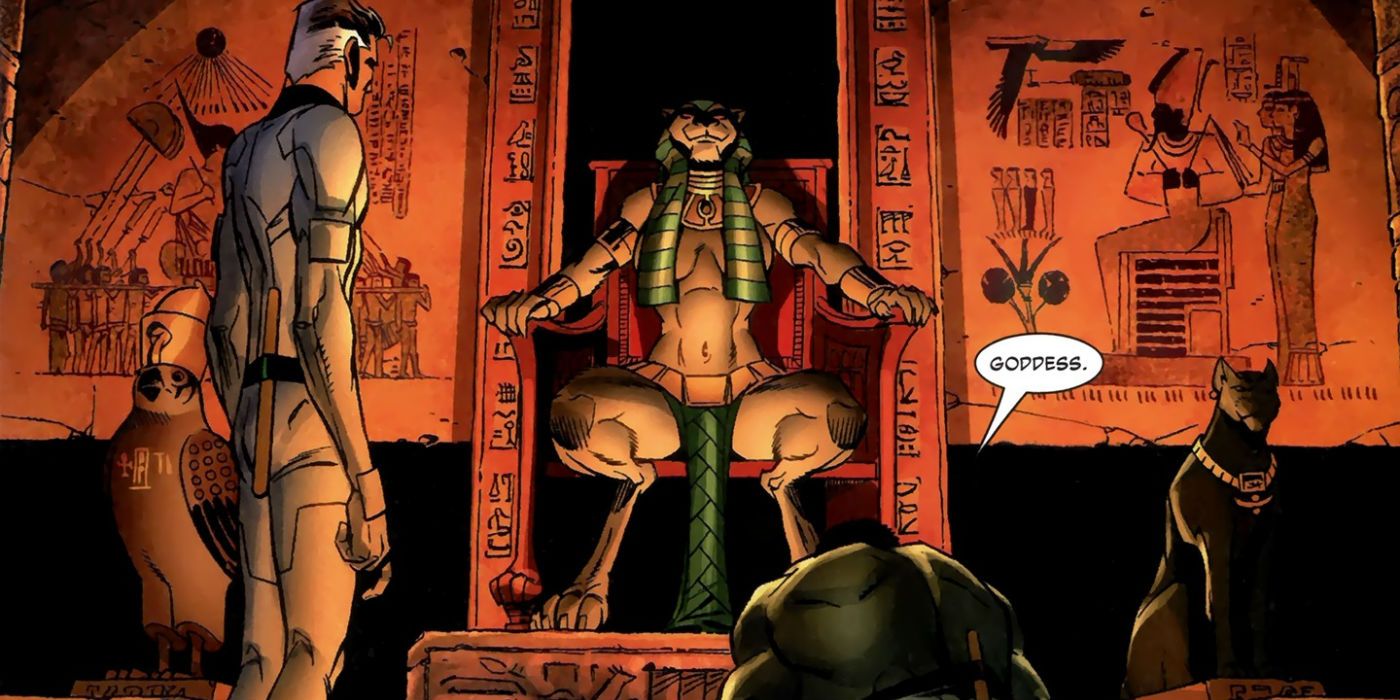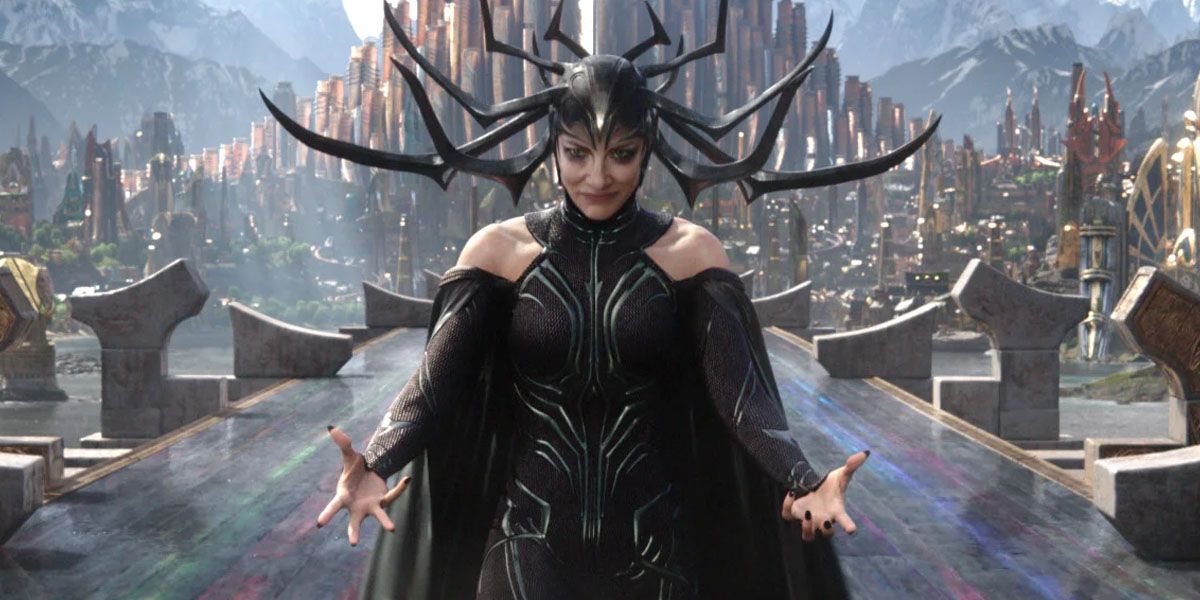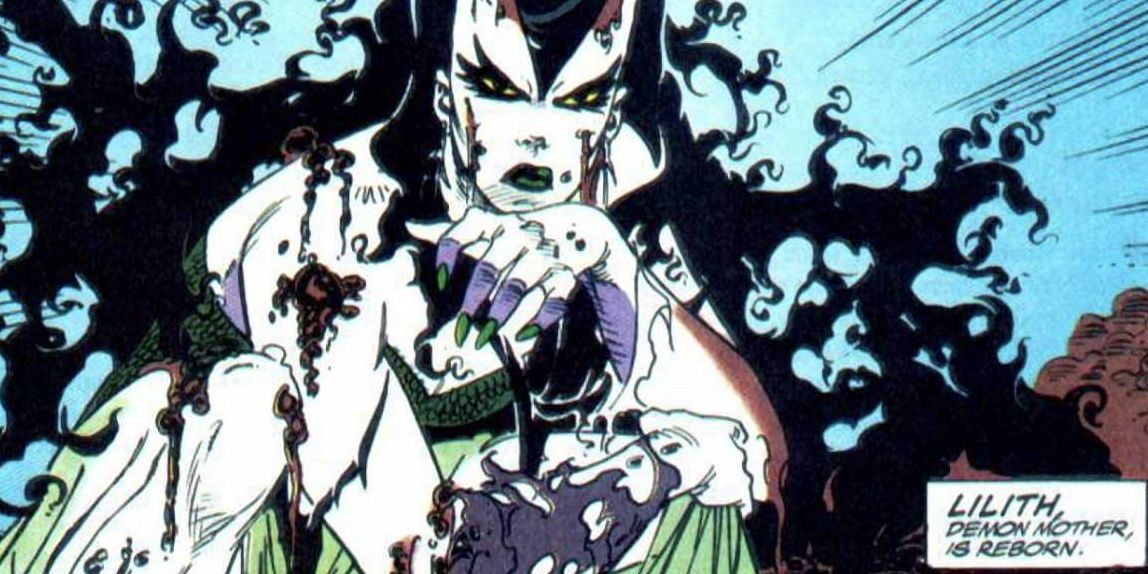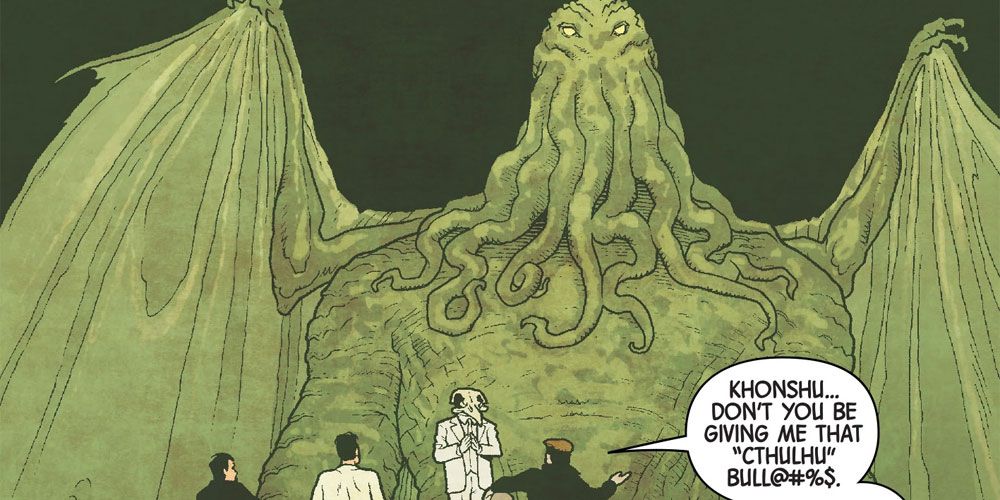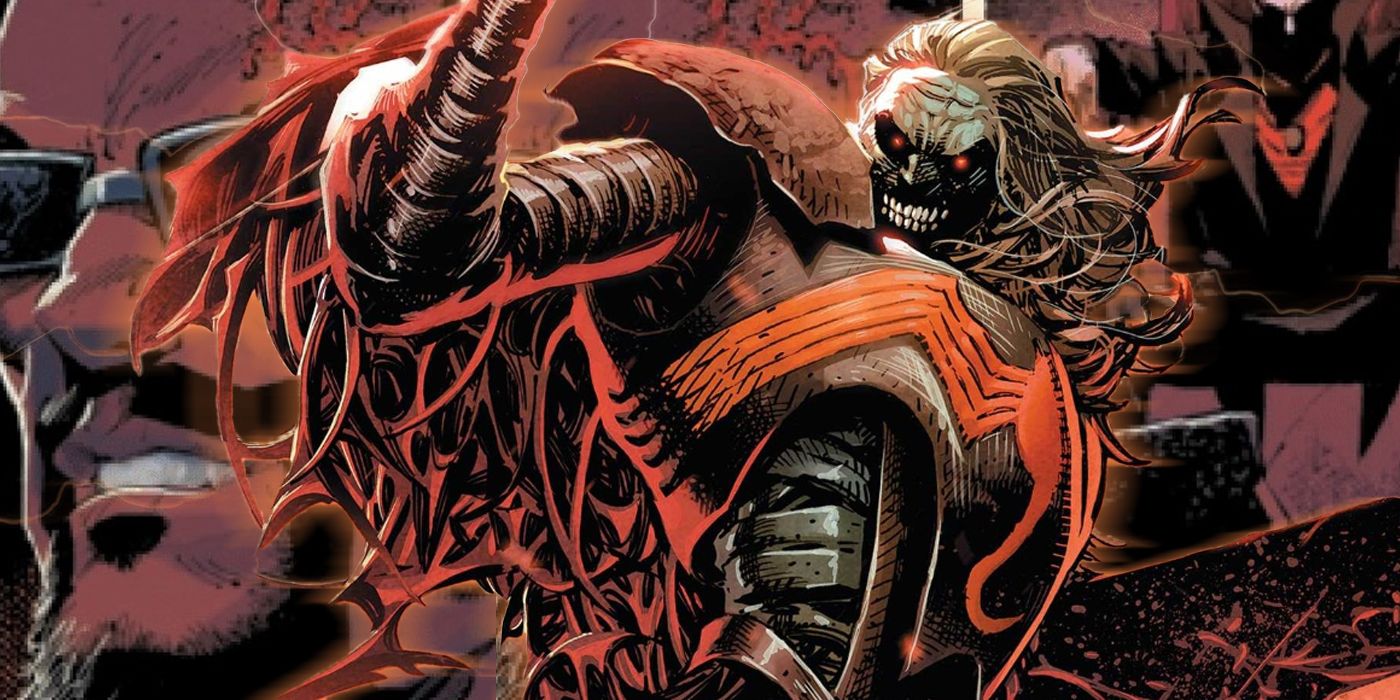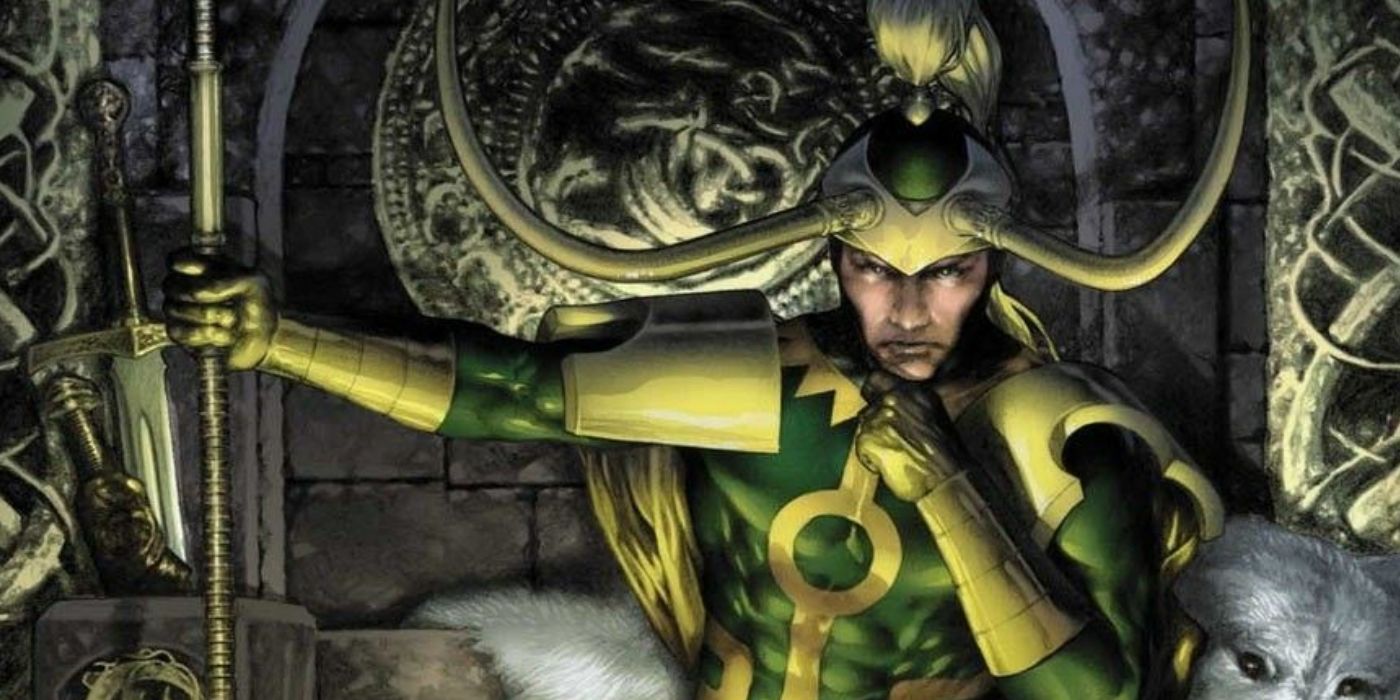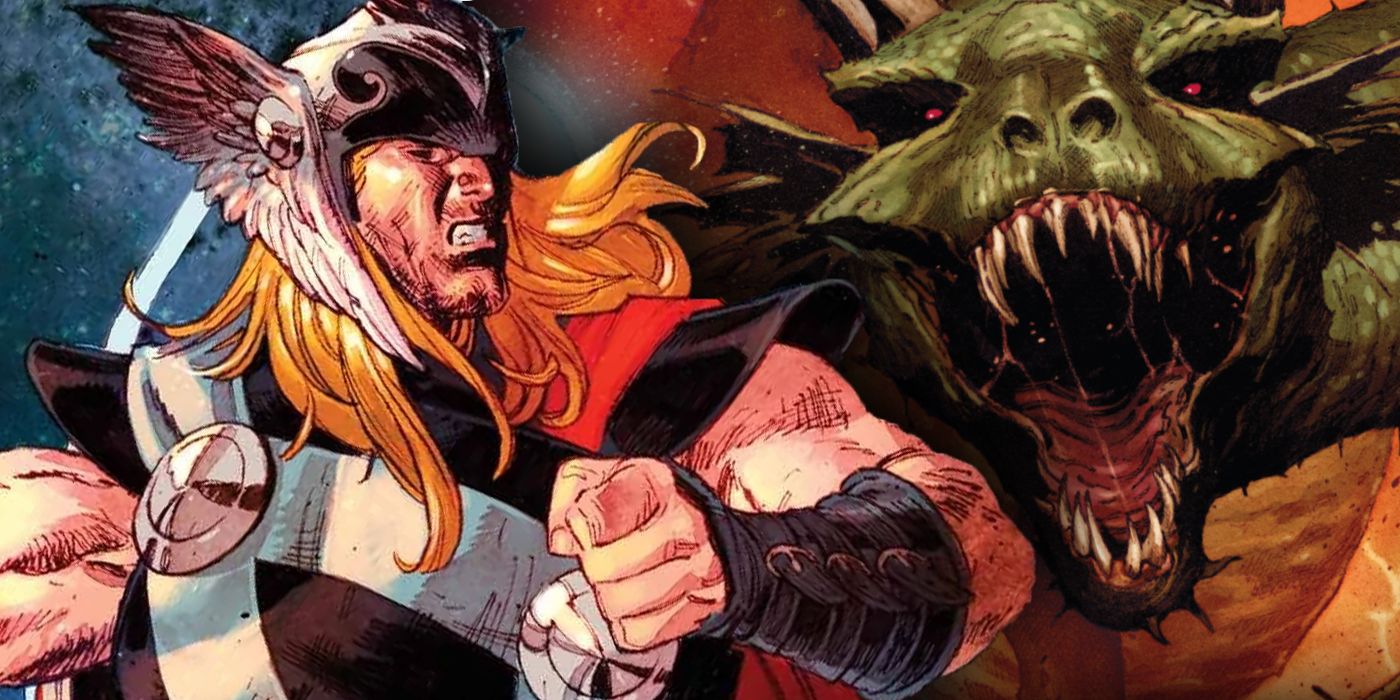Marvel Comics is full of superheroes and supervillains who are akin to gods with their amazing powers. But a huge number of actual gods from existing mythology exist within the greater Marvel universe, from a variety of different sources from human history.
Egyptian, Norse, and Greek gods abound in Marvel Comics, with some of the most well-known Marvel characters being actual gods themselves. This trend continues in recent comics, in which earthly gods continue to assert their power and influence in the world of men.
10 Morrigan
Morrigan is a Celtic Goddess of Battle who made an unexpected return in the pages of the ongoing X-Factor recently. Some time ago, Siryn— X-Factor member and veteran of a strong X-Force roster— had made a deal to be the host of Morrigan in order to save the life of her teammate Lorna Dane, aka Polaris.
This little fact has gone unmentioned for quite a while until Siryn began mysteriously dying recently on Krakoa. Her resurrections led to the shocking discovery that Morrigan is still inhabiting her, and has big plans.
9 Surtur
Surtur is the Ruler of Muspelheim, and god of the Underworld of the Nine Realms. The devilish creature plays a major role in the mythology of Ragnarok, which has played out in both the comic books and movies of the Mighty Thor.
Surtur is one of the worst gods in comics, as he's proven by destroying Asgard. He is also one of the most powerful, with a terrifying reach beyond time and space. Surtur first appeared in Journey Into Mystery #97 back in October of 1963.
8 Khonshu
The Egyptian god Khonshu is at the heart of the elaborate backstory of Marc Spector, the Moon Knight. He also plays a symbolic role in many of Moon Knight's costumes.
Khonshu is the Egyptian God of the Moon and Vengeance and is an invention of Marvel Comics. He has no real-world analog. He is at times in conflict with Marc Spector, who he may possess, or who Spector may be imagining, depending on the story. Certainly, he'll factor into the upcoming Moon Knight Disney+ series.
7 Bast
Bast is a major figure in Marvel Comics history, despite her few appearances. She is the God of Pleasure, Poetry, Music, and Dancing, as well as the Panther God of Wakanda. Bast is a cat-like deity who first appeared in Fantastic Four #52 in 1966. She is part of the same set of Heliopolitans that Khonshu originates from.
Bast is referenced in the prologue of the Black Panther movie, as having helped the first-ever Black Panther become the king of Wakanda.
6 Hela
Hela is a major figure in Asgardian mythology and the Marvel Universe. She is the Goddess of Death and Ruler of Hel. She's been tormenting Thor and the heroes of the world since Journey into Mystery #102 in March 1964 and remains one of Thor's most potent enemies.
She also played a major role in the movie Thor: Ragnarok, where her backstory was revised somewhat. In the movie, Hela was now the daughter of Odin and the brother of Thor, which is not the case in the comics.
5 Lilith
Lilith is the Mother Of All Demons in the Marvel Universe. She first appeared in Ghost Rider #28 in August 1992. There have been two different Liliths in Marvel continuity, with the first being the daughter of Dracula. The second is one of the few survivors of the sinking of Atlantis but was trapped by sorcerers in a kind of limbo for centuries until she got free.
Lilith later fought against the Skrulls in the Secret Invasion storyline, as the Skrulls were completely intolerant to magical beings.
4 Cthulhu
Cthulhu is the centerpiece of the elaborate and terrifying mythology developed by science fiction and fantasy author H.P. Lovecraft, recently featured in the HBO series Lovecraft Country and many other like-minded comic books.
But the Cthulhu mythology is also a part of the Marvel Universe. Many different creatures in the pantheon of the Lovecraftian mythos populate the Marvel Universe, as does the man himself, who debuted in Moon Knight #191 and appeared alongside Khonshu.
3 Knull
Knull is a relatively recent addition to the Marvel Universe, debuting properly in Venom #3 in August 2018, but he's one of the oldest gods in the entire universe. Knull is the God of the Symbiotes, the alien beings that spawned the creation of Venom, Carnage, and so many others.
Knull came into being with the sixth iteration of the universe and is responsible for the creation of All-Black the Necrosword, a weapon used by Gorr The God-Butcher against the Asgardians.
2 Loki
Loki is one of the greatest villains in Marvel Comics and is one of the many lifted directly from Norse mythology. Loki is the God of Mischief and Evil and he has played the role to the hilt. Loki has played a chaotic role in the life of his brother, Thor, and the world of Asgard.
He's also been a constant thorn in the side of humanity since his debut in Journey into Mystery #85 in October 1962. Loki is sometimes a heroic figure, and it remains to be seen what version of the character will be on display in the upcoming Loki Disney+ streaming series which fans are excited for.
1 Thor
Thor and Loki are in many ways inseparable in mythology, and that's the case as well in Marvel Comics. Thor is the Norse God of Thunder who had originally appeared as his mythological self in the 1951 comic book series Venus.
Like many other Golden Age characters, Stan Lee and Jack Kirby resurrected him for their nascent Marvel Universe in 1961, debuting in Journey into Mystery #83. Thor has been a critical part of the Marvel mythos ever since, serving both as the mythic Thor from legend as well as charting his own epic path in the comics and now the movies.

